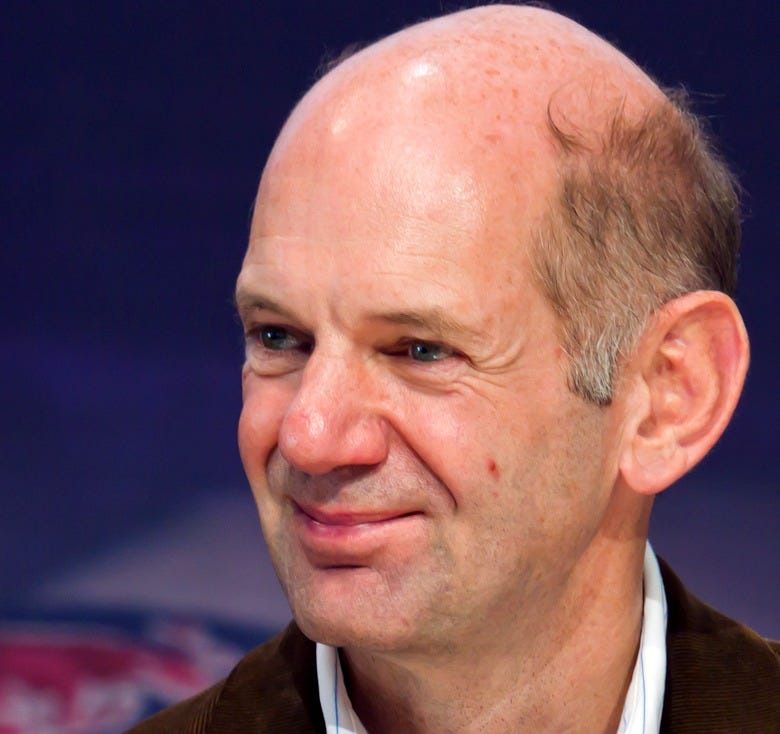Formula 1’s Talent Drain: Why Engineers Are Leaving for Better-Paying Jobs
Adrian Newey and Blake Hinsey are ringing the alarm bells!
There’s an assumption that working in Formula 1 must be a dream job. I have never worked in F1, and to be honest, I would only ever have wanted to in an era that allowed for Hesketh, rather than one where every new team must be tied to a bland corporate conglomerate.
However, something isn’t quite working right now. From the moment the budget cap was introduced, it was obvious that teams would have to lay off staff or dramatically cut wages. Some teams did report redundancies, but what we are now seeing is that other series - particularly WEC - and even entirely different industries are able to compete for young engineering talent.

Speaking to AMS.F1 on YouTube, Adrian Newey acknowledged that due to the budget cap, F1 was "no longer the best-paid industry" and that the sport was losing people to "tech companies because they pay better" as well as to WEC teams. "We’re struggling to get graduates because Formula 1 isn’t the best-paying industry any more," he said.
Blake Hinsey, a former performance engineer at Red Bull and now a race engineer in WEC for a GTP team, has long been vocal about this issue. In a post on X, he revealed:
"I had a loose conversation with a recruiter about an F1 race engineer gig. Their MAXIMUM salary was less than I was making last year as a part-time performance engineer in WEC on an LMDh team."
He continued:
"Why aren't the team bosses advocating harder for an increased cost cap to accommodate the rising cost of living and inflation? Oh yeah… because for the profitable teams, it’s likely the bosses and shareholders can pocket a chunk of whatever they don't spend."
Hinsey finished by urging his followers:
"Tag your favourite F1 journalist and try to get them to put this question forward in the next press conference—I’m sure they can phrase it better than I just did."
F1’s growth over the last few years has been remarkable, but rather than a rising tide lifting all boats, we’ve seen other championships struggle. Junior ‘ladder’ categories - particularly ‘F1 aspirant’ areas of karting - have witnessed insane levels of spending. Motorsport media has been hit even harder. And even within F1 itself, professional opportunities for engineers are shrinking.
I’m only writing this because of Blake’s call for F1 journalists to highlight the issue. I would do it myself, but I don’t think I’ll be getting any replies any time soon.
His point speaks to a broader phenomenon: while F1’s top-line figures look healthier than ever, there is visible decay elsewhere. It’s a wake-up call. Motorsport media has little incentive to cover this, because, frankly, the appetite for such stories pales in comparison to whatever is happening with Hamilton or Ferrari. Perhaps City A.M., Bloomberg, or another UK broadsheet might pick it up. But beyond that, who is actually supporting young engineers in this country - especially those with motorsport aspirations?
There’s a lot of talk, but behind the curtain, things aren’t quite as they seem.



